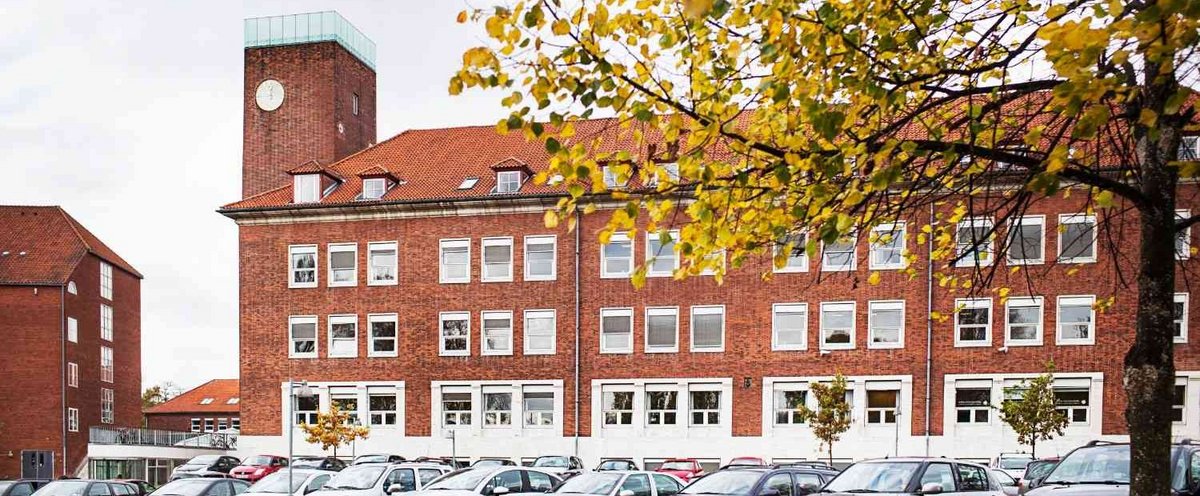
Copenhagen is the capital of Denmark and is home to approximately 1,300,000 people, around 600,000 of whom live in the city centre. Greater Copenhagen covers an area of 179 km² and, due to widespread public transport connections, it is quick and easy to travel to Copenhagen’s city centre from residential areas on the outskirts of Copenhagen. There is a direct train from Emdrup Station to Copenhagen’s city centre, which takes around 10 minutes.
Emdrup is close to Lake Emdrup and the Utterslev Mose area of lakes and parkland. Emdrup’s location also makes it easy to travel to different attractions in the north of Copenhagen, such as the world’s oldest amusement park Bakken and Jægersborg Deer Park.
The inner city of Copenhagen is a popular place to visit and live. The majority of shopping opportunities, restaurants and tourist attractions are located in the inner city.
There are several international daycare institutions and schools in Copenhagen, as well as international communities that you can join. The capital also has its own international airport that is located southeast of the city centre.
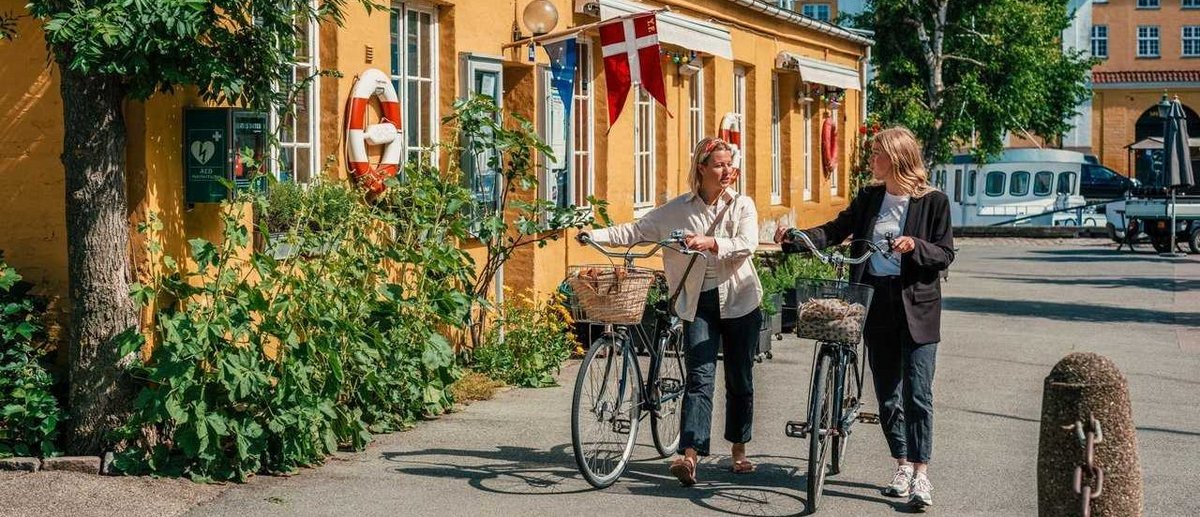
If you want to live close to campus, Emdrup has some housing options. If you prefer to live in the city centre of Copenhagen, there is a range of accommodation available, but the prices are high. For more affordable accommodation, we recommend that you look for housing options away from Copenhagen’s city centre.
Regardless of where you decide to live, the Relocation Service at the International Staff Office can help you and your accompanying family find a place to call home.
You can also find accommodation via the AU Staff Housing Portal, which provides a platform for private landlords to let or sublet their homes to AU international employees. We recommend that you fill out a 'seeking form' on the website to notify potential landlords that you are looking for housing.
For students, visit the housing options for international students at AU page for information about housing in Emdrup.
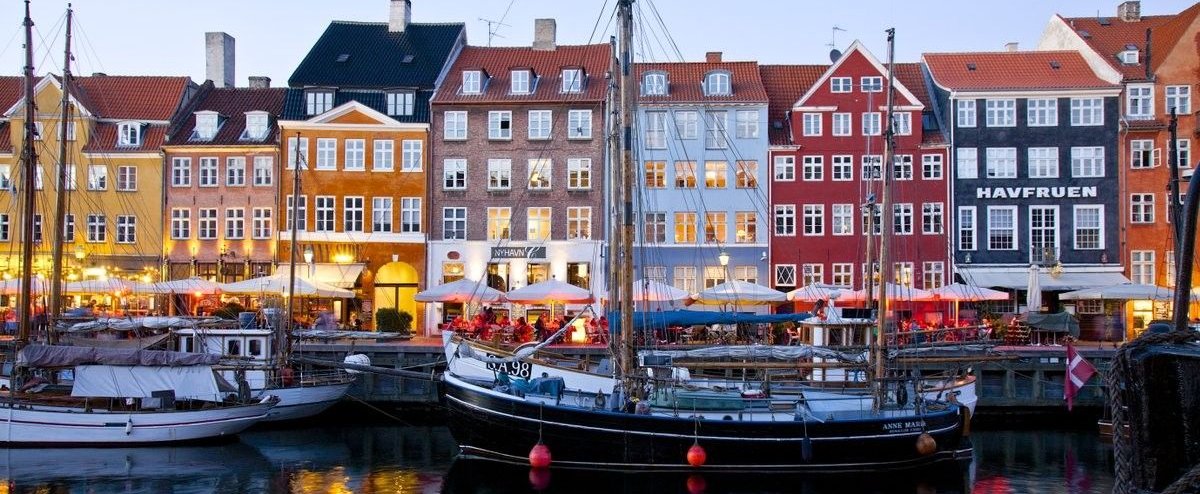
Public transport is popular in Denmark because it is convenient and environmentally friendly. You can read about travelling on buses, trains and metros on Zealand on Your Public Transport.
There is a big difference between the public transport in small and larger cities, and if you need to switch between buses or trains, you can expect the commuting time to be longer.
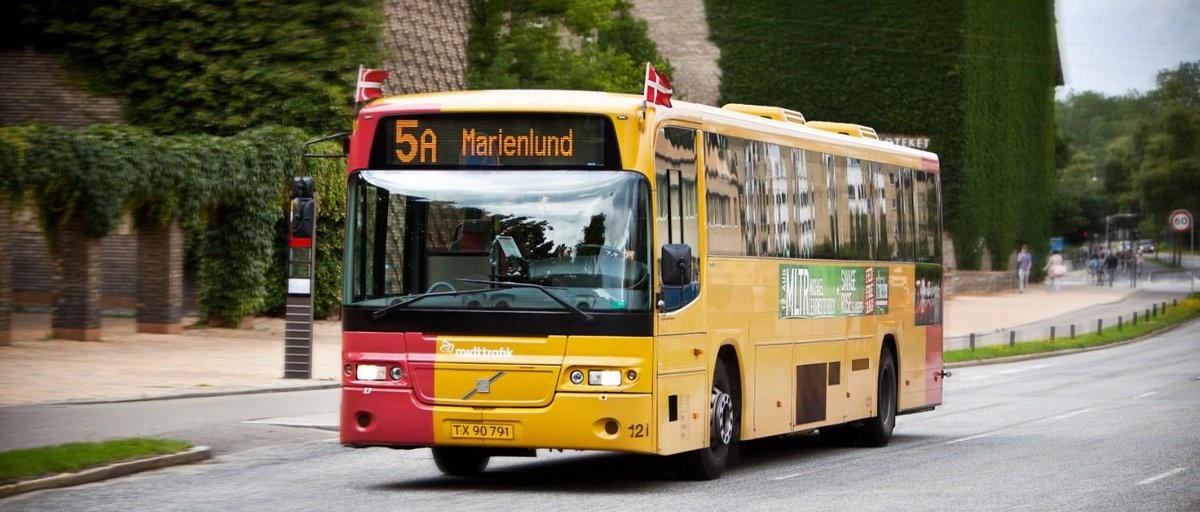
No matter where you live in Denmark, joining a club or an association is a great way to socialise with like-minded people. There are over 100,000 clubs and associations in Denmark, and there is even an old saying: When two Danes meet, they shake hands, but when three Danes meet, they form an association.
Municipalities often list the clubs and associations you can join on their website. Read more about the clubs and associations in Copenhagen on their networking activities in Copenhagen page.
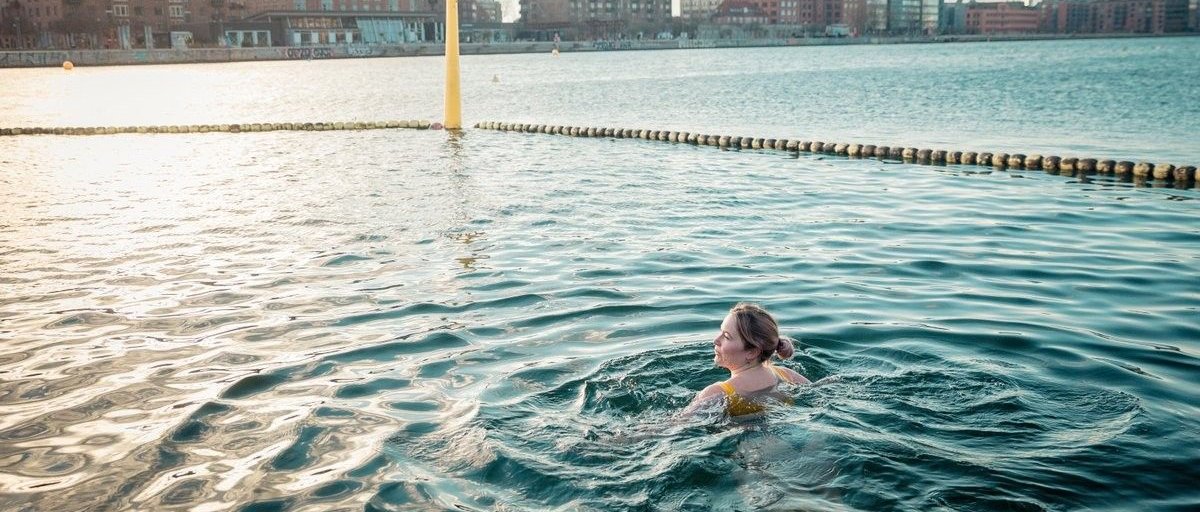
Moving to another country with your partner can be an exciting yet challenging experience. This is why we recommend that your partner registers to the Expat Partner Programme to make the transition of moving to Denmark as smooth and enjoyable as possible. The Expat Partner advisors can help your partner with everything from career advice to social networks and support resources.
The Expat Partner Programme is available to international partners of Aarhus University’s employed staff from postdoc level and up.
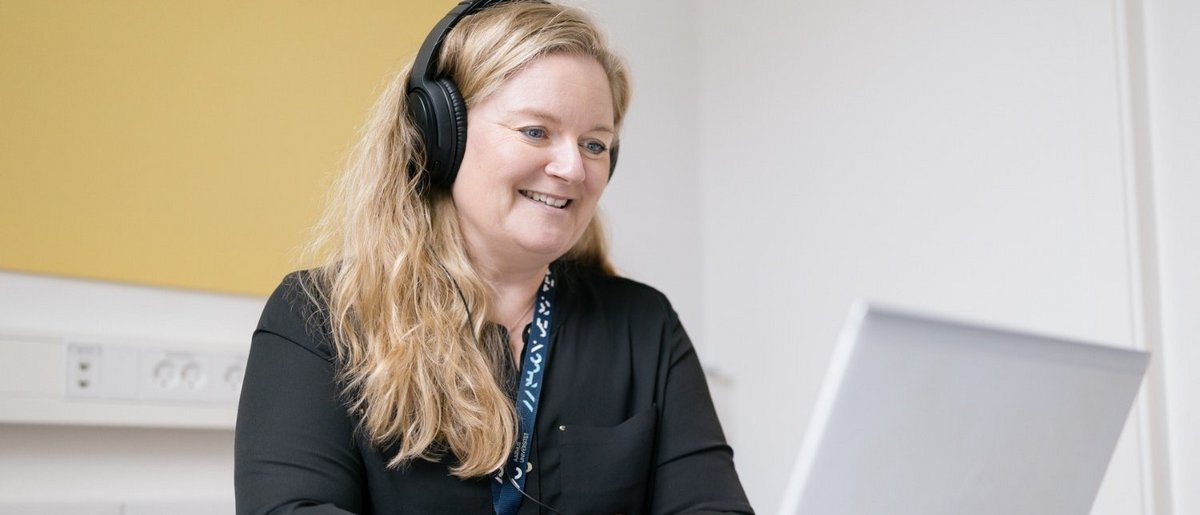
In Denmark, every child is offered a place at a public childcare facility from the age of 6 months. There are several international daycares in Copenhagen. You can also enrol your child in a Danish daycare, which might give you a shorter commuting time, as there are many Danish daycare institutions and they are often close to residential areas.
The government pays at least 75 percent of the childcare fee depending on your income, but the exact amount parents pay depends on the municipality.
If you are an Aarhus University staff member, please contact the Relocation Service at the International Staff Office for more information about childcare in the Copenhagen area.
Selecting a school is a personal choice. For that reason, we recommend that you research each of the schools you are considering before making a final decision.
Copenhagen has a wide selection of international primary and lower secondary schools. There is a European School and two international schools that teach in French and German.
Several international schools follow the Cambridge international curriculum and two of them are located in Hellerup, which is not far from Aarhus University Emdrup. There are also four International Baccalaureate (IB) schools and one of them is located in Hellerup.
Unlike Danish public schools that are free of charge, international schools require a monthly fee.
You can see a full list of all the international schools in Denmark on the International basic schools in Denmark page (‘basic’ indicates primary and lower secondary education).
Danish public schools are free of charge, and the majority of children in Denmark go to public school. Because there are many public schools across Denmark, it is likely that there is one close to where you live. Copenhagen has 78 public schools.
If your child does not speak Danish but you would like them to attend a Danish public school, they need to enrol in reception classes first. Reception classes function as a bridging programme for children who need to develop their Danish skills before they can attend a general public school. Copenhagen has reception classes for newly arrived children who do not speak Danish.
If you are an Aarhus University staff member, please contact the Relocation Service at the International Staff Office for more information about schooling options in the Copenhagen area.
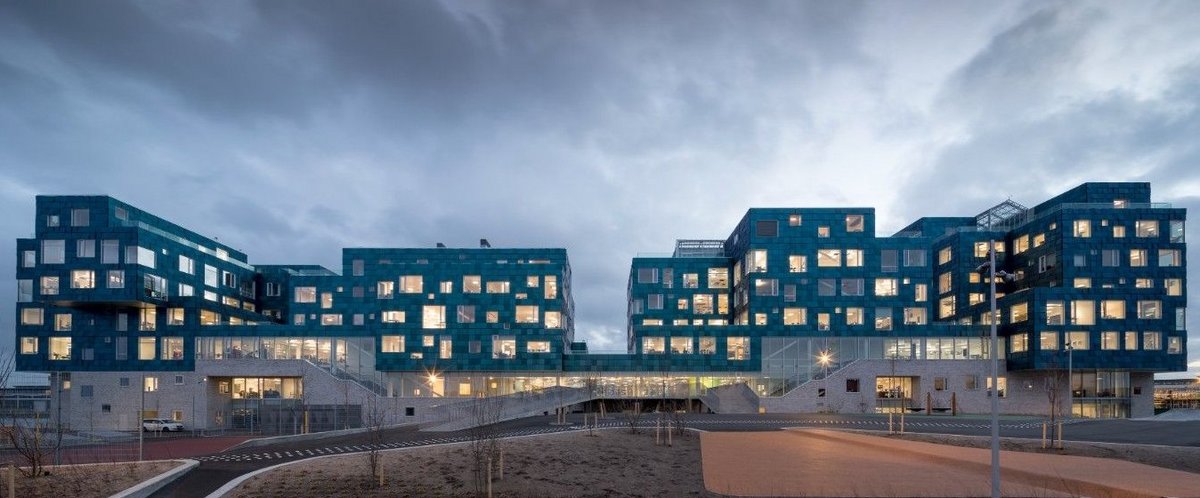
All international residents in Denmark can sign up for the Danish Education Programme. The programme consists of:
The programme is free but requires a deposit of DKK 2,000, which you get back once you have completed a module or the full programme.
Each municipality in Denmark has its own official Danish course provider, but most language schools offer both online and in-person classes. Copenhagen Municipality’s official Danish course providers are Studieskolen and UCplus. Both language schools offer online and in-person classes.
Aarhus University staff and PhD students can read more on the Danish lessons for AU international staff and accompanying partners page.
If you are a student, you can read about Danish language classes and the rules that apply to you on the learn Danish page.
Aarhus University has an overview of living expenses in Denmark for AU staff, PhD students and other students. The overview shows the costs of living in Aarhus, but since expenses (other than housing) are similar across Denmark, you can use the information as a guide regardless of which city you live in.
When it comes to housing expenses, rent can vary a lot from place to place. The further you move away from central Copenhagen, the less expensive your rent become.
For budget examples, see the cost of living page.
At the Aarhus University Emdrup Campus, there are approximately 130 academic staff members, 30 administrative staff members, 60 PhD students and 2,000 other students.